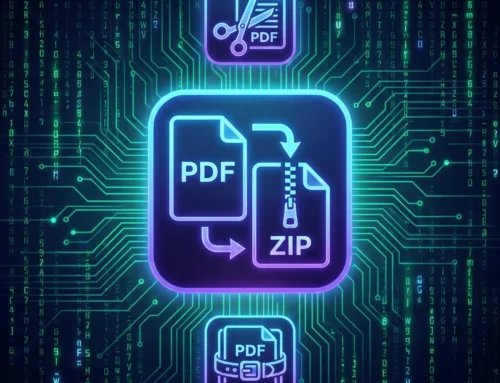
Approx. read time: 3.2 min.
Post: Impact of Israel-Hamas Conflict on Canada’s Security
The recent escalation of the Israel-Hamas conflict has reverberated far beyond the borders of the Middle East, causing ripple effects that are felt even in countries like Canada. Against the backdrop of this international crisis, the Canadian Security Intelligence Service (CSIS) has issued a stark warning, highlighting a concerning surge in “violent rhetoric” emanating from extremist actors within Canada. This uptick in rhetoric, CSIS cautions, could potentially serve as a catalyst for acts of violence within Canadian borders.
CSIS Warning and Discussions:
The CSIS statement comes in the wake of discussions held last fall between the spy agency, the federal Public Safety Department, and leaders representing Muslim and Jewish communities. These discussions were convened in response to a reported increase in hate crimes directly linked to the Israel-Hamas conflict. Eric Balsam, spokesperson for CSIS, emphasized the agency’s mandate to monitor and identify threats while affirming the fundamental rights of lawful protests and dissent, as enshrined in the Charter of Rights and Freedoms.
Concerns and Insights:
Documents obtained under the Access to Information Act shed light on the nature of these discussions and the concerns expressed by various stakeholders. CSIS, in its dialogue with community leaders, assured them of its ongoing commitment to monitor threats and prevent any planned attacks. The agency remains actively engaged with leaders from Muslim and Jewish communities, seeking their perspectives and insights as the situation evolves.
Apprehensions and Free Speech:
Within these discussions, Muslim and Arab leaders voiced apprehensions regarding the public rhetoric surrounding the conflict and its potential ramifications for the safety of Palestinians and Muslims residing in Canada. Of particular concern was the perceived suppression of free speech, with activists facing backlash and surveillance for expressing their viewpoints.
Internal Communications and RCMP Measures:
Internal communications within the RCMP further underscored the vigilance maintained by law enforcement agencies. Officers were instructed to document chants and slogans at protests, although no imminent threats of violence were reported. Jewish leaders, however, called for more proactive measures against hateful rhetoric, especially targeting the term “Zionist,” which they argue is often used as a guise for anti-Semitic attacks.
Public Safety Initiatives:
In response, the RCMP initiated measures to equip frontline officers with a comprehensive toolkit providing historical context on the Israel-Palestine conflict. Additionally, emphasis was placed on heightened vigilance towards not only synagogues and community centers but also Jewish-owned businesses and schools.
Public Safety Canada pledged to engage with universities to address rising tensions and combat instances of antisemitism on campuses. This proactive approach aims to ensure that educational institutions remain vigilant in safeguarding against hate speech and discriminatory actions.
Pro-Palestinian Demonstrations:
Despite these concerted efforts, pro-Palestinian demonstrations have surfaced at several universities across Canada, prompting administrators to reiterate their commitment to upholding anti-hate policies.
Conclusion:
As Canada grapples with the complexities of the Israel-Hamas conflict, it underscores the need for ongoing dialogue, proactive measures, and a commitment to upholding the rights and safety of all communities within its borders. Through collaborative efforts between government agencies, law enforcement, and community leaders, Canada seeks to navigate these turbulent times while upholding its values of inclusivity, diversity, and respect for fundamental freedoms.
Government threat report warns of ‘mass violence’ in Canada inspired by Hamas-Israel conflict
The conflict between Israel and Hamas continues to rage on. What is the key to understanding this war, and what are the next steps for Israeli leadership when the dust settles?
Hate speech investigation follows pro-Palestinian rally on Parliament Hill
Related Videos:
Related Posts:
Milton Embraces Diversity: Council Greenlights Ahmadiyya Muslim Jama’at Mosque Development
India and Pakistan’s foreign interference in Canada’s elections
Global Tensions Rise: Iran’s Direct Attack on Israel and the International Repercussions










